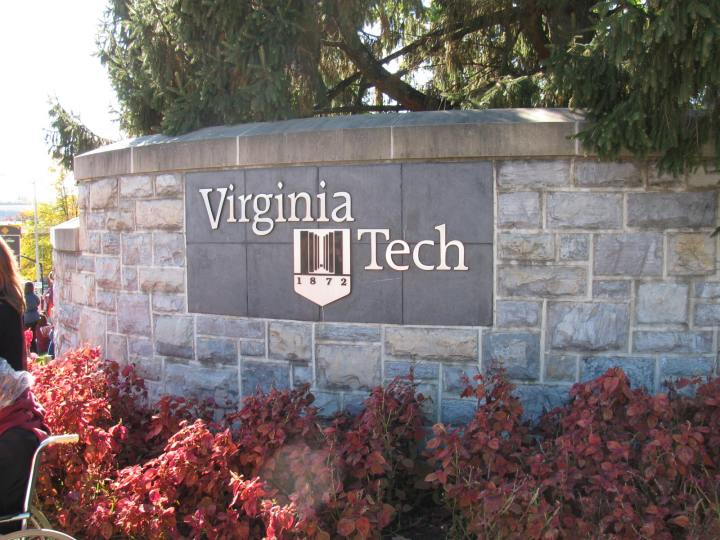
Over a period of several weeks, the Project Wing division of Alphabet will offer delivery from Chipotle’s on-campus food truck to wherever the ordering student is, presumably through the use of an app. When it finds the student who has ordered the burrito, the food will be lowered using a winch.
Neither Alphabet or Chipotle are guaranteeing at this point that the service may work: the packaging could come apart, the burrito might be cool, or the winch may plop that burrito right on your head instead of your hands for example. The goal here is testing accuracy, durability, and feasibility, and Virginia Tech’s hungry students are the guinea pigs.
Alphabet’s test has received FAA approval, and there are a few things that Project Wing will need to do in order to comply with current drone laws. While the burrito-delivering drones will be automated, trained human pilots will be on standby to take control of the drone if needed. Regulations also forbid drones from flying directly over people, so any participants will be “shielded.”
While all of this may sound like a simple test, Project Wing says it’s much more complex that it looks. First off, how to fly drones in what could become ever-increasingly busy skies is one thing that will be tested during deliveries. The FAA will also monitor the test, possibly using what Project Wing finds in development of regulations surrounding the topic.
Also, it sounds like the test won’t be open to just anybody (likely due to that “no guarantees” warning referenced earlier). The director of the partnership, Mark Blanks, told Bloomberg that participants will be “a mix of Virginia Tech employees, students, and possibly other recruits.” Either way, it is the most complex test of drone delivery so far.
Let’s hope it’s successful, because the idea of drone-delivered Chipotle just sounds awesome.


